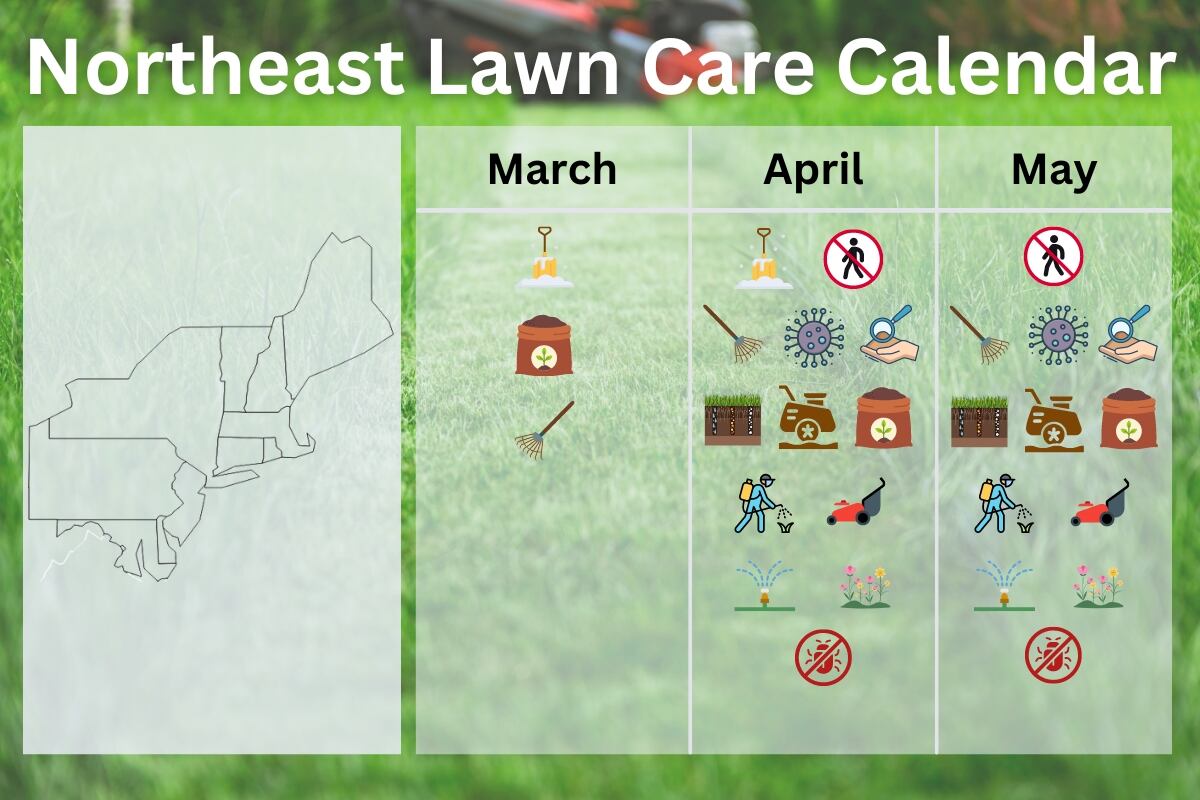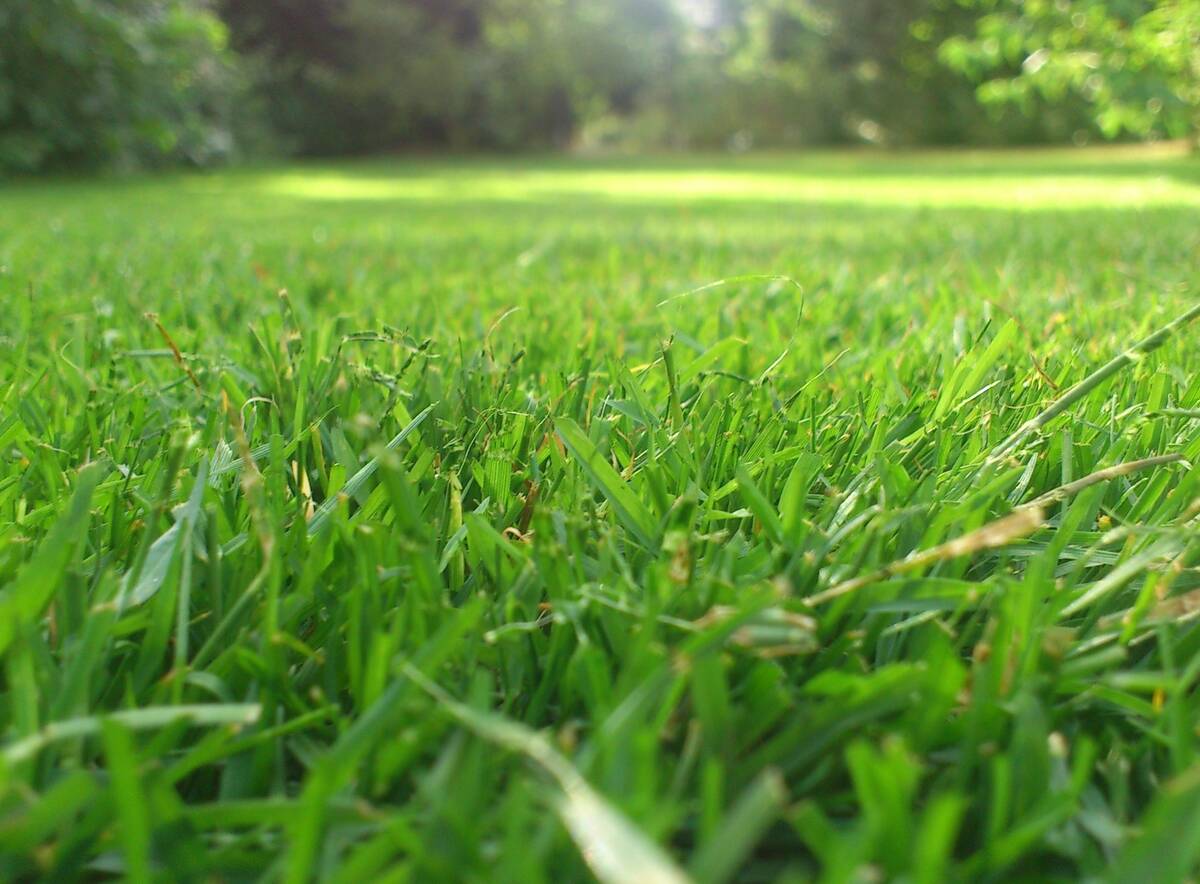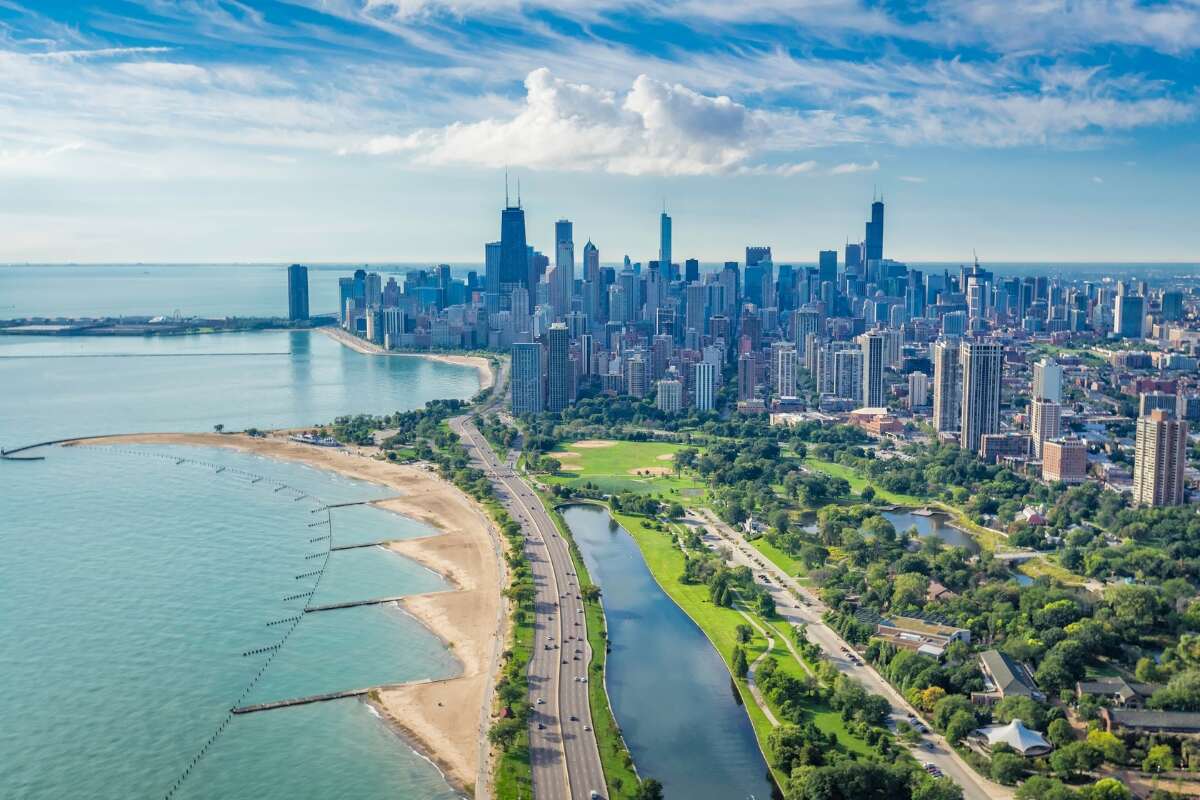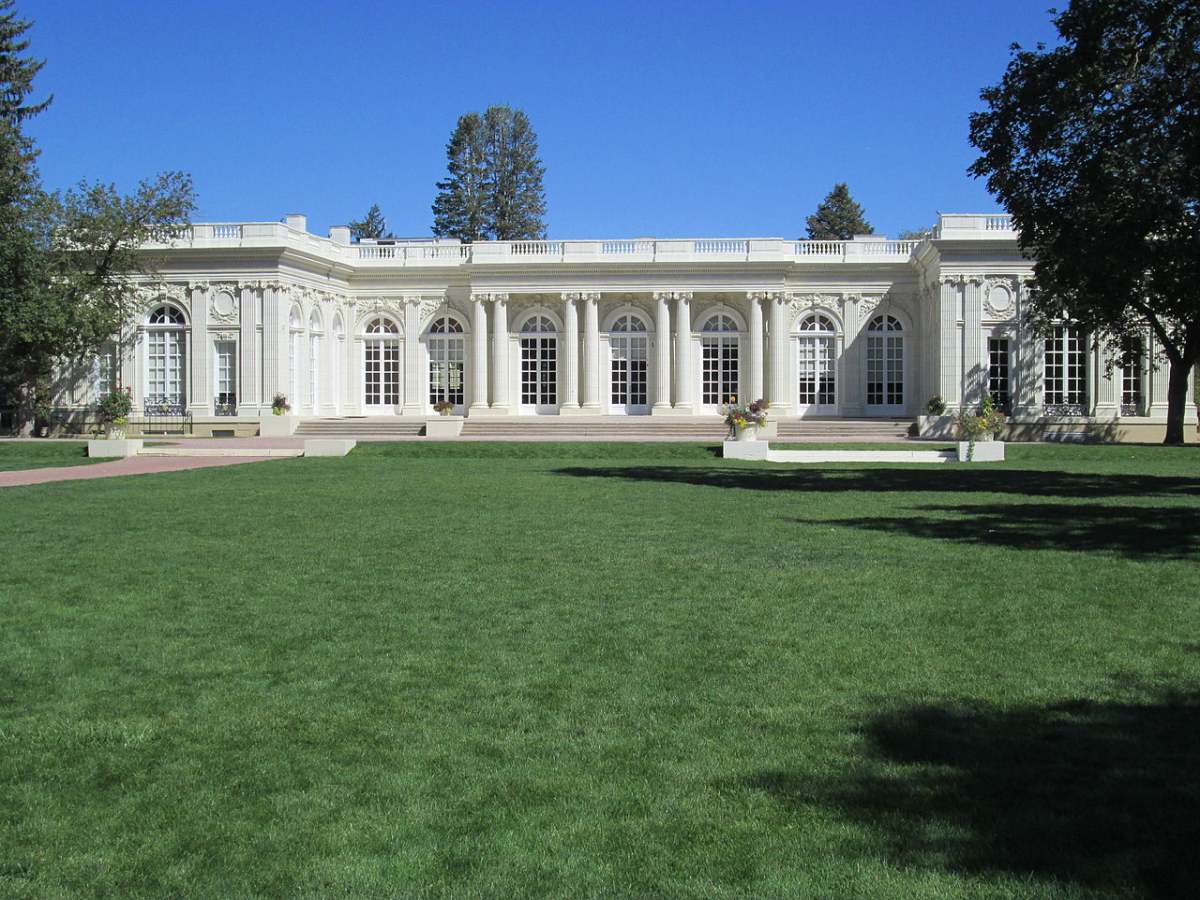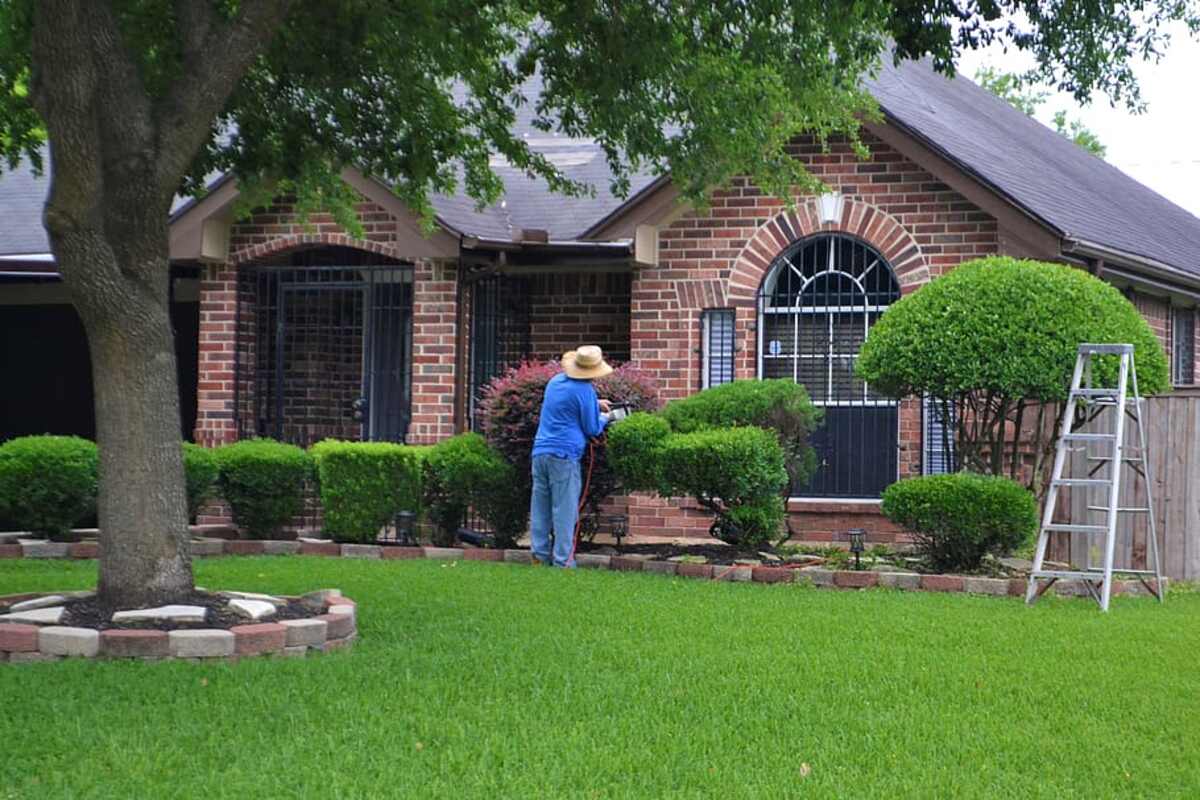
Although winters in Jacksonville are mild, the season can still do a number on your lawn. So, it’s as important to be on top of your winter lawn care as it is at any other time of the year. But how do you keep your yard healthy throughout the colder months until spring comes around? Here are a few winter lawn care tips for Jacksonville homeowners:
Winterize Your Lawn
Keeping your Jacksonville lawn healthy in the winter actually starts in the fall. Before winter arrives, you should prepare your lawn for the colder temperatures that come with the season. This is called winterizing your lawn.
Jax homeowners should winterize their lawns in September before the days get too cold. Here are some of the steps you can take to winterize your yard:
- Mowing
- Fertilizing
- Overseeding
Mowing
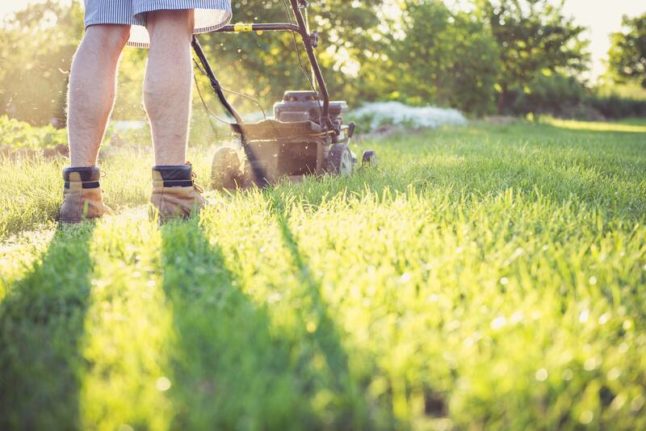
Mowing your turf at the correct height is important any time of the year, but arguably even more so just before winter. Mowing your lawn properly helps your turf develop stronger root systems, which makes them more tolerant to drought and cold. Grass mowed at the proper height also shades out weeds. When mowed too short, your turf gets stressed out, inviting pests and winter lawn diseases.
The proper mowing height for Jacksonville yards depends on your grass type. Here are five of the most common Jacksonville grasses and their ideal mowing height:
- St. Augustinegrass: 3 ½ to 4 inches
- Zoysiagrass: 1 to 2 inches
- Centipedegrass: 1 to 2 inches
- Bermudagrass: ½ to 1 ½ inches for hybrid cultivars, 1 ½ to 2 ½ for common Bermudagrass
- Bahiagrass: 3 to 4 inches
Fertilizing
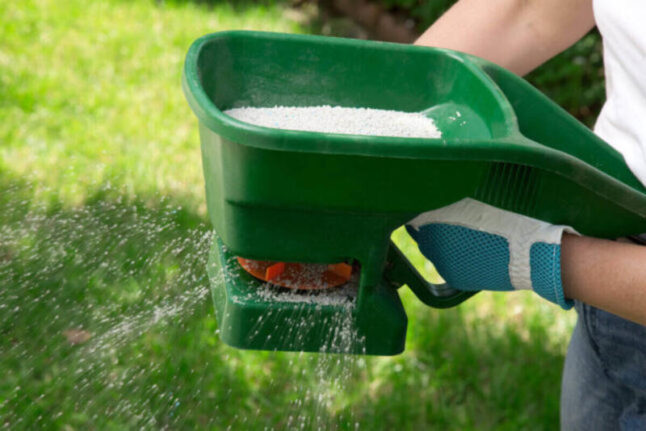
In Jacksonville, September is the last month homeowners should fertilize their turf with nitrogen-based fertilizers. Pick a slow-release nitrogen fertilizer – ideally one with almost an equal ratio of nitrogen to potassium and not more than 2% phosphorus. When looking at fertilizer, that means the first and third numbers should be similar (i.e. 6-2-6).
When fertilizing prior to winter, don’t overdo it; less is more. If you fertilize too much, your grass will continue growing, which pests love. You might find a few munching on your turf. When winter finally comes knocking, put any lawn fertilization plans on hold.
Overseeding
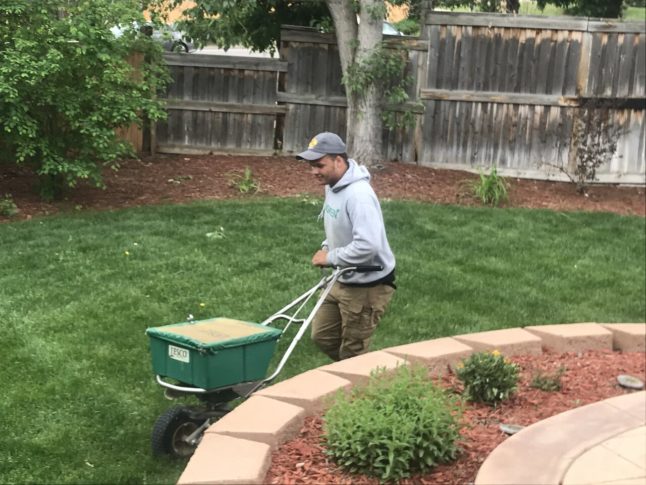
Is your turf turning brown? Browning warm-season lawns are normal as they enter dormancy during colder temperatures. However, it’s understandable if you don’t like how your lawn looks in winter and how it impacts your curb appeal. That’s why some Florida homeowners choose to overseed their lawns in the fall.
When you overseed, you seed temporary cool-season turf over your existing warm-season grass to maintain a lush, green lawn during winter. The cool-season grass – often ryegrass – dies off in the spring just as your warm-season grass is starting to come out of dormancy. You’ll still have to care for your temporary turf like you would your regular warm-season lawn.
According to the University of Florida Institute of Food and Agricultural Sciences, October to November is the prime time for North Floridians to overseed their lawns. Wait until daytime temperatures are consistently hitting the low to mid-70s.
Water Appropriately
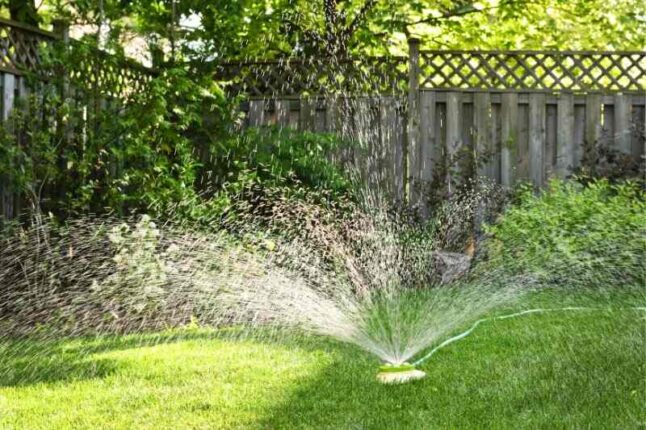
Just like any other time of the year, it’s important to irrigate your lawn only when it needs to be watered. Overwatering makes your lawn weaker, more disease-prone, and less drought-resistant. During rainier weeks, it’s better to turn off your automatic water sprinklers or irrigation systems. Water your lawn only when you see these signs:
- Grass blades folding up
- Wilting
- Grass turning blue-gray
- Footprints don’t disappear after you walk on the grass
Keep Your Yard Clean
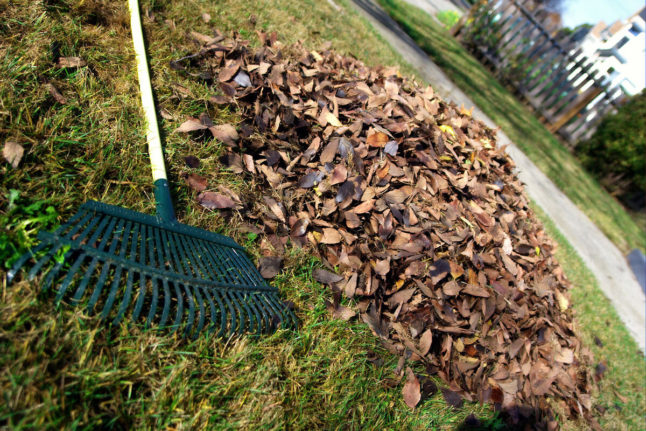
One of your lawn’s worst enemies in the winter is fallen leaves. While leaves can give your Jacksonville yard some charm, too many will wreak havoc on your lawn. Leaves and other debris can suffocate your lawn and block the sun from reaching your turf.
You should start raking up those leaves in the fall, but you should keep an eye out for more debris when winter rolls around. Make sure to put away any objects that could damage your lawn, too, such as outdoor furniture.
Watch For Weeds
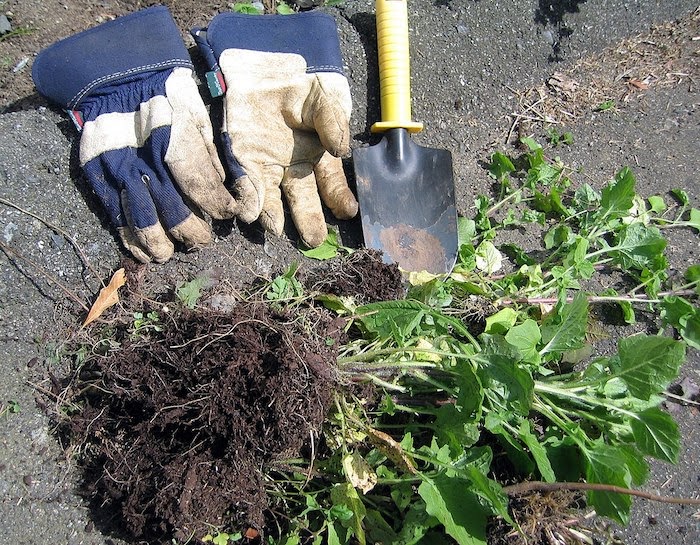
Your grass might go dormant in the winter, but the other plants in your lawn certainly won’t. Although proper mowing will prevent most common Jacksonville weeds from establishing themselves, it’s inevitable for a few to slip through. Some winter weeds you need to watch out for are:
- Black medic
- Common chickweed
- Henbit
- Annual bluegrass
- Asiatic hawksbeard
- Oxalis
Hand-pull winter weeds if possible. If needed, you may need to dig them up or apply herbicide. You can also contact a lawn care professional to help you with weed control. If winter weeds become a problem, you can prevent them next year by applying a pre-emergent herbicide in early October, before the next winter.
FAQ About Winter Lawn Care
Aside from overseeding, you can also use grass paints to keep your lawn green. Make sure to use special turf colorants if you’re going the DIY route; regular ol’ paint is toxic and will kill your grass.
Aside from dollar spot, your Jax lawn can be hit by these diseases in the lead-up to winter:
• Pythium root rot
• Gray leaf spot
• Take-all root rot
• Large patch
Caring for your lawn properly will keep these diseases at bay.
Homeowners shouldn’t mow lawns that have gone dormant, or else they’ll get damaged. Dormant grass doesn’t really grow anyway, so make sure that your lawn has been mowed to its proper height before winter sets in.
Mulching can benefit your lawn a lot. During winter, mulch can help prevent weeds from growing, and it can also help keep your turf’s root system and the soil warmer.
Aside from winterizing, Jax homeowners can also aerate and mulch their lawns in the fall. Aeration helps lawns breathe by loosening up compacted soil that prevents air, nutrients, and water from reaching your turf’s roots. You should aerate at least once a year – ideally during the spring – but aerating your lawn again in the fall is also good practice.
If you want to overseed your lawn in the fall, you should dethatch during the spring or early summer.
For more information, check out Fall Lawn Care Tips for Jacksonville, FL.
Keep Your Lawn Looking Better No Matter the Weather
Although yards have different care requirements in the winter, knowing these tips can help Jax homeowners maintain a healthy lawn throughout the colder months until spring returns. If you don’t have the time or energy to care for your Florida lawn, why not turn to a professional lawn care service? LawnStarter can connect you with lawn care pros serving the Jacksonville area so your lawn stays healthy no matter the time of year. Contact a Jacksonville lawn care professional today.
Main Photo Credit: Rathel House / Glennweiss / Wikimedia Commons / CC BY-SA 4.0
